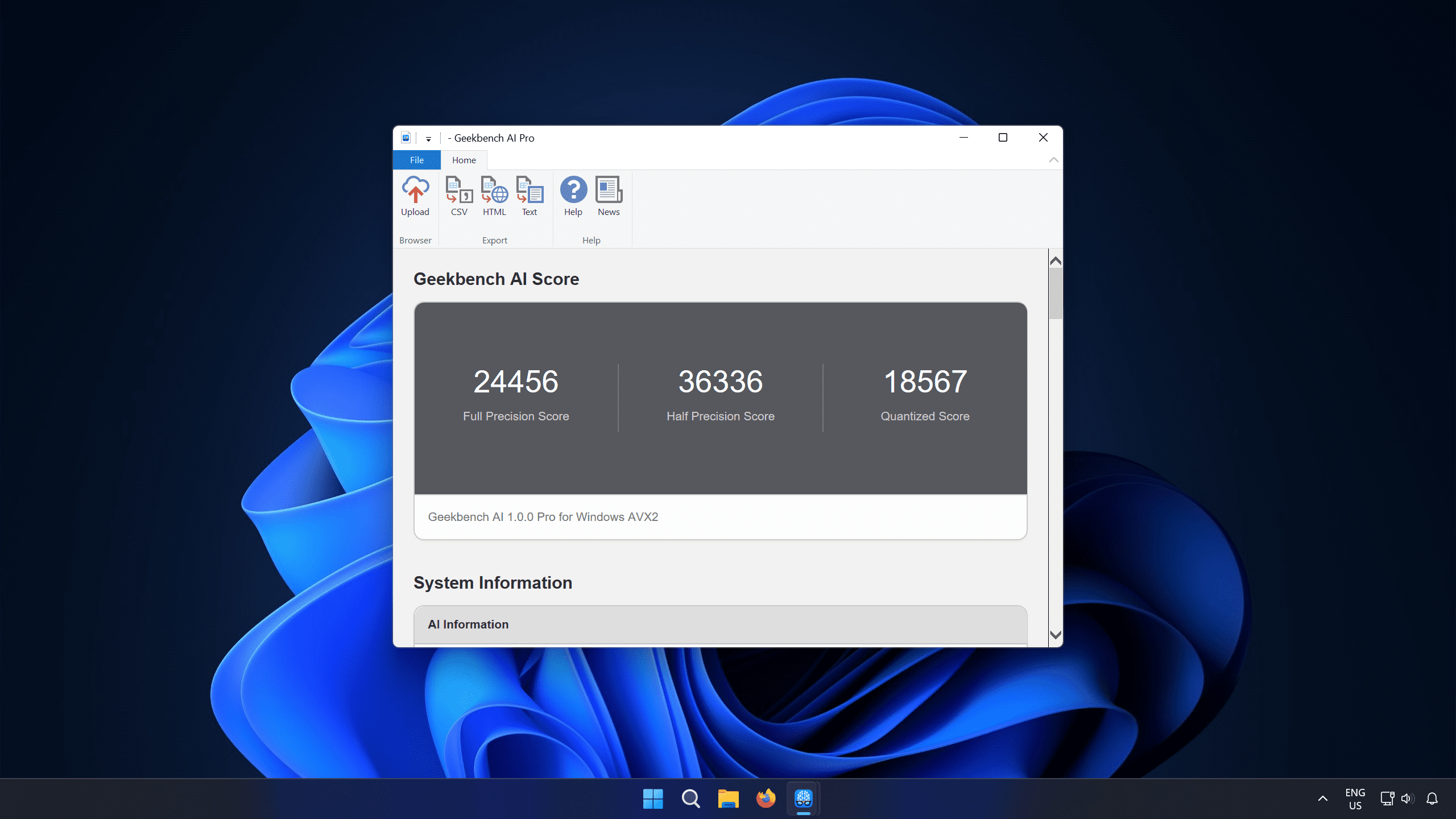In-Short
- Primate Labs releases Geekbench AI, a benchmarking tool for AI and machine learning workloads.
- Geekbench AI offers a three-score system to evaluate AI performance across various platforms.
- The tool includes accuracy measurements and supports multiple AI frameworks and datasets.
Summary of Geekbench AI Launch
Primate Labs has introduced Geekbench AI, a comprehensive benchmarking tool tailored for evaluating machine learning and AI-centric workloads. This tool, which was previously known as Geekbench ML, has been rebranded to better reflect its focus and align with industry standards. Geekbench AI is now accessible on multiple operating systems, including Windows, macOS, and Linux, as well as on mobile devices through respective app stores.
The benchmarking tool is designed to offer a standardized method for assessing AI capabilities, accommodating the complexity of AI workloads with a unique three-score system. This system takes into account various precision levels and hardware optimizations present in modern AI solutions, providing a multi-dimensional view of AI performance.
Geekbench AI stands out by incorporating accuracy measurements alongside speed metrics, offering a holistic perspective on AI performance and highlighting the balance between speed and result quality. The tool supports a wide array of AI frameworks, such as OpenVINO, TensorFlow Lite delegates, and others, ensuring relevance to current AI development practices.
With its diverse datasets and workloads that mimic real-world AI applications, Geekbench AI aims to deliver accurate and reliable performance evaluations. Primate Labs plans to update the tool regularly to keep up with the evolving AI landscape. Major tech companies, including Samsung and Nvidia, are already utilizing Geekbench AI in their workflows, indicating its industry acceptance and reliability.
Further Information and Credits
For more detailed insights into Geekbench AI and its capabilities, interested readers can visit the original source. Click here to read the full article.
Image Credit: Primate Labs










